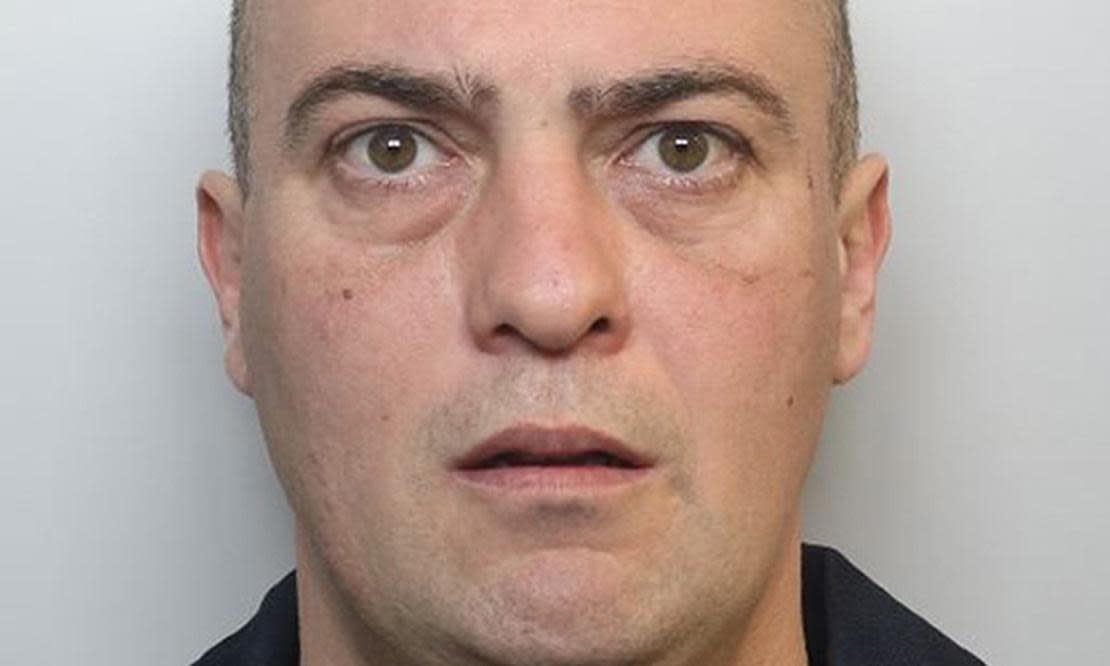Bristol man who murdered ex-partner jailed for at least 20 years

A former chef who was brought to justice for the murder of his ex-partner after an extraordinary covert policing operation has been jailed for life and told he will serve at least 20 years before being considered for parole.
Darren Osment was put on trial for killing Claire Holland after making a series of admissions to an undercover officer who for 18 months posed as a gangster to win the murderer’s trust.
Related: How an undercover police officer won trust – and confession – of a murderer
Holland’s family are calling for Osment to admit how he killed the mother-of-four, who was 32 when she vanished from Bristol in 2012, and where he hid her body. They hope that “Helen’s law”, which makes it very difficult for killers who have not revealed the locations of their victims’ remains to be freed, will persuade him.
It is believed Osment, 41, may have strangled Holland after arranging to meet her at a pub where he worked and could have used his knife skills to dismember her body before disposing of her remains, possibly in the Severn estuary.
Holland’s younger sister, Sarah Holland, 41, a student nurse, told the Guardian: “We haven’t had that chance to say goodbye. We don’t have anywhere to go to remember her. We’ve got nothing. That’s been taken away from us. If he has one ounce of compassion, just one measly ounce, let us know. I’m not sure that will ever happen.”
During his trial, the undercover officer, who used the pseudonym Paddy O’Hara, described how police designed pieces of “theatre” to convince Osment that the officer was a criminal. O’Hara got Osment to act as a lookout while he pretended to hide cash and silver in woods. He took him on a run to pick up a gun and even pretended that he too had killed someone in the past. Gradually, Osment began to open up to the officer about the killing of Holland.
Before the trial began, Osment’s defence tried to get O’Hara’s evidence excluded, claiming the confessions were obtained through “oppression”, that the police set out to groom and exploit a vulnerable man.
Mrs Justice Cutts accepted that Osment, from Patchway, near Bristol, was a functioning alcoholic and had depression and anxiety. She said: “I accept that Paddy became central as a friend to Darren’s life. They spent a great deal of time together.” But she said it had been a “properly authorised and lawful investigation which was regularly reviewed”.
The judge decided that it was for a jury to assess O’Hara’s role and the confessions he elicited. It found Osment guilty of murder by a majority of 10-2.


